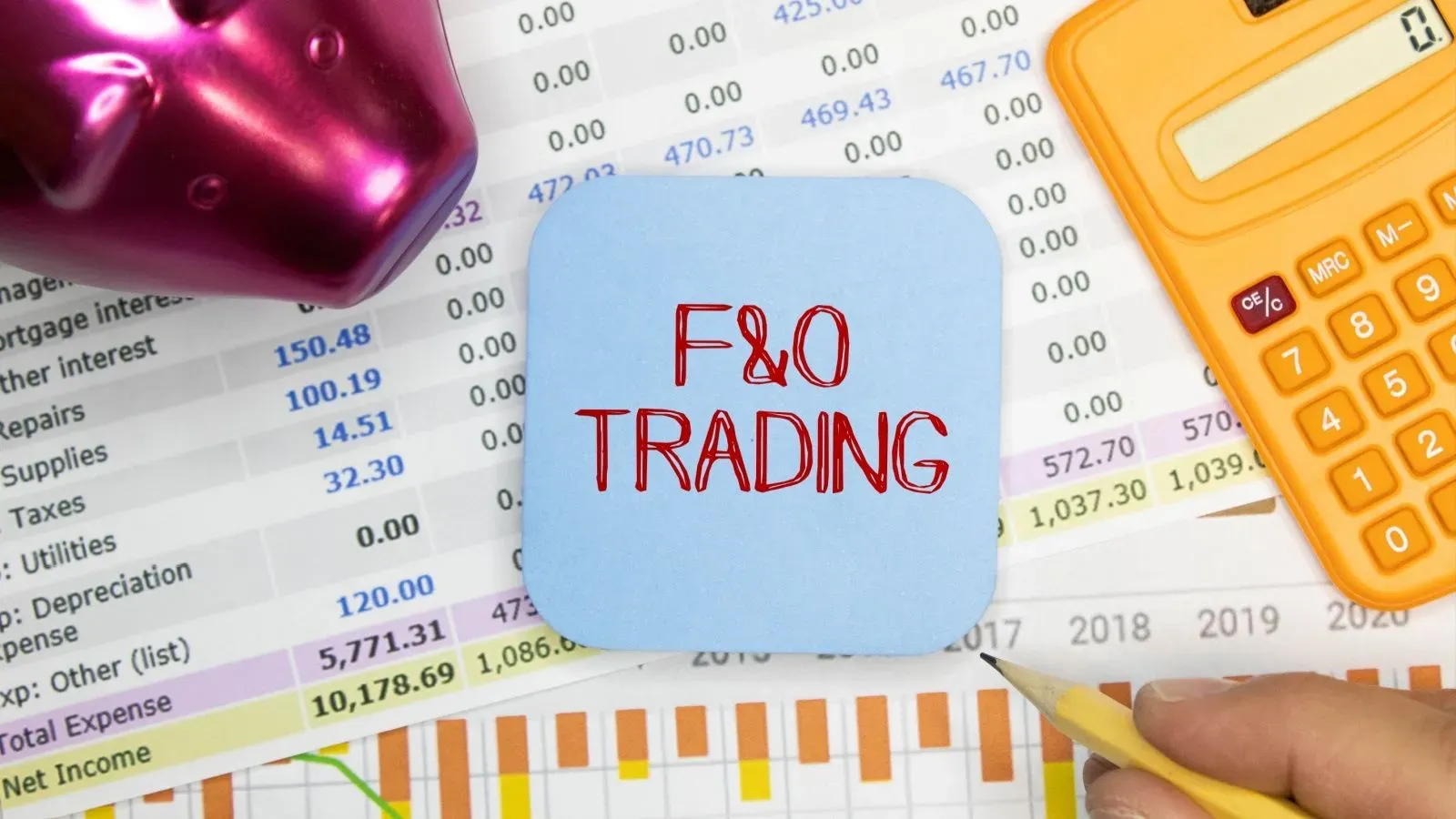Top 3 Commodities Mutual Funds for a Diversified Investment Portfolio
Written by Upstox Desk
Published on February 10, 2026 | 5 min read

Summary:
Commodities are core components of the financial markets and play a vital role in the global economy. Several commodity mutual funds are helping investors hedge and protect against inflation amidst the growing volatility, fluctuating prices, and market turmoil.
Commodities are an integral part of the global economy. Right from agriculture and energy products to metals and minerals, commodities have become a key component of our daily lives. They also play a vital role in the financial markets. Hence, more and more people are investing in commodities to diversify their portfolios and protect against inflation. One way you can enter these markets is with the help of commodities mutual funds.
In this blog, we will delve into the top 3 commodities mutual funds that are mostsuitable for diversification of investment portfolio.
Understanding commodity mutual funds
Commodity mutual funds invest in a wide variety of agricultural as well as non-agricultural commodities. In India, the structure of commodity mutual funds is comparable to that of a Fund-of-Funds (FoF) or an Exchange Traded Fund (ETF). Typically, commodity mutual funds invest a minimum of 95% of their assets in commodity ETFs or physical commodities.
Types of commodity funds:
- Basic or true commodity funds – The corpus fund (investment fund) is used to buy commodities. These funds invest in physical assets such as metals.
- Natural resources funds – It involves investment in companies that deal with natural resources and commodities like minerals, gold, silver, petroleum, oil, and others.
- Combination funds – It is a combination strategy where you invest in both basic commodities, which reduces the risk and commodity futures, providing investors with a chance to earn high returns.
- Index funds – These are passively managed and regulated mutual funds where the fund managers directly buy commodities at standard rates based on the benchmark.
- Future funds – This Involves investment in commodities via futures contracts. These are the most risky commodity mutual funds in India.
Benefits - commodity funds can be useful for:
- Hedging against inflation and guarding investor’s purchasing strength.
- Protecting against market volatility by leveraging bearish trends.
- Diversifying portfolio to curb risks with an additional asset class.
- Meeting both short-term and long-term financial goals.
3 major commodity mutual funds
-
PIMCO commodity real return strategy fund (PCRIX)
PCRIX is a well-established, structured, and highly regarded mutual fund that provides investors access to a diversified basket of commodities. This fund is managed by the world-famous bond giant PIMCO and aims to deliver a real return by investing in commodity futures contracts and inflation-indexed securities. It has a very strong track record of delivering positive returns even in volatile market conditions. It offers:
- Diverse portfolio - PCRIX invests in a broad range of commodities and this diversification helps distribute the risk. It reduces the impact of price fluctuations arising in metals, energy, and agricultural products.
- Inflation hedge – This fund mainly focuses on inflation-indexed securities, making it an excellent choice if you want to hedge against inflation.
- Professional management – PIMCO features an experienced team of portfolio managers and research analysts, helping you make strategic decisions to optimise returns while managing risk.
-
Vanguard commodity strategy fund (VCMDX)
VCMDX is another very promising option if you are looking for more exposure to commodities. Just like Vanguard, VCMDX is popularly known for its low-cost, passively managed funds. The primary goal of this fund is to track the performance of the Bloomberg Commodity Total Return Index and ensure access to multiple commodities. Benefits of this fund include:
-
Low cost - With low expense ratios, it allows investors to tap into a broad range of commodities without incurring high management fees.
-
Diversification - VCMDX tracks different types of commodities, including energy, agriculture, and metals, offering investors a simple way to diversify their portfolios.
-
Passive approach - This fund takes a passive indexing approach and it aims to replicate the performance of the index rather than actively managing the portfolio. This can be a cost-effective way to invest in commodities.
-
iShares S&P GSCI commodity-indexed trust (GSG)
This is a type of ETF that provides exposure to the S&P GSCI Total Return Index. Simply put, this fund offers access to a massive and diversified basket of commodities comprising of agricultural products, metals, and energy. ETFs can be an excellent choice if you want simplicity and liquidity in your commodity investments. This fund offers:
-
Comprehensive exposure - GSG tracks a multitude of commodities, which expands the scope for exposure.
-
Liquidity – As an ETF, GSG offers intraday trading liquidity, which is beneficial in case you want to buy/sell shares throughout the trading day at market prices.
-
Cost-effectiveness – ETFs have low expense ratios, which makes them an attractive choice for cost-conscious investors.
If you want to learn about the top-performing mutual funds in India, click here.
Wrapping up:
Investing in commodities can help you achieve a diversified portfolio along with uncorrelated returns and protection against inflation. The top 3 commodities mutual funds and ETFs covered in this blog offer different approaches to gaining exposure to the commodity markets, whether through active management, low-cost indexing, or ETF liquidity. However, before you make any investment decisions, it's essential to conduct thorough research and consider your financial goals. Consulting with a financial advisor can help you in ensuring that these funds align with your overall investment strategy.
About Author
Upstox Desk
Upstox Desk
Team of expert writers dedicated to providing insightful and comprehensive coverage on stock markets, economic trends, commodities, business developments, and personal finance. With a passion for delivering valuable information, the team strives to keep readers informed about the latest trends and developments in the financial world.
Read more from UpstoxUpstox is a leading Indian financial services company that offers online trading and investment services in stocks, commodities, currencies, mutual funds, and more. Founded in 2009 and headquartered in Mumbai, Upstox is backed by prominent investors including Ratan Tata, Tiger Global, and Kalaari Capital. It operates under RKSV Securities and is registered with SEBI, NSE, BSE, and other regulatory bodies, ensuring secure and compliant trading experiences.






















